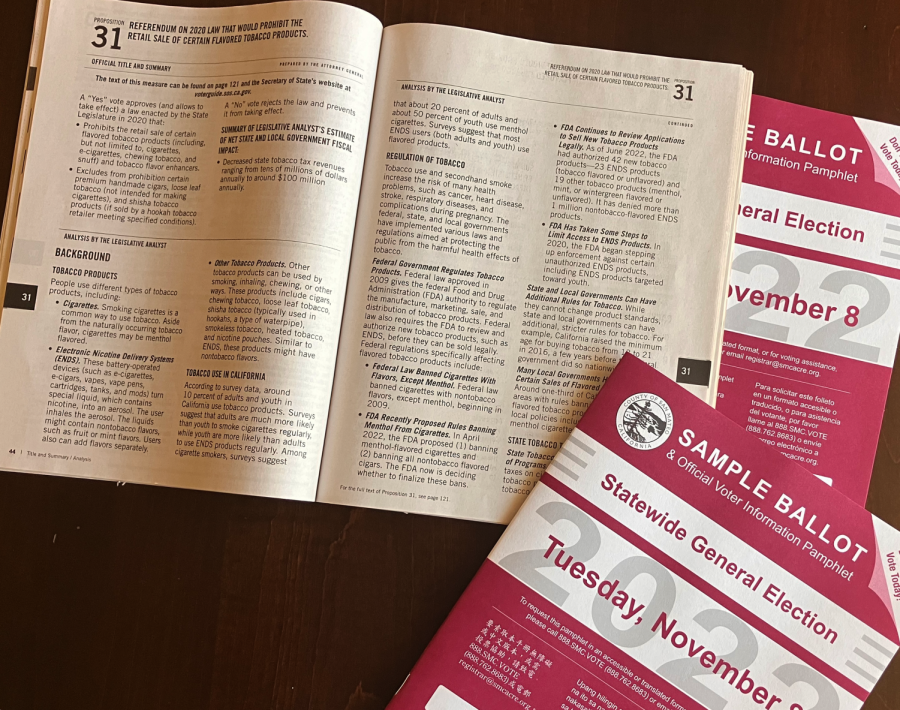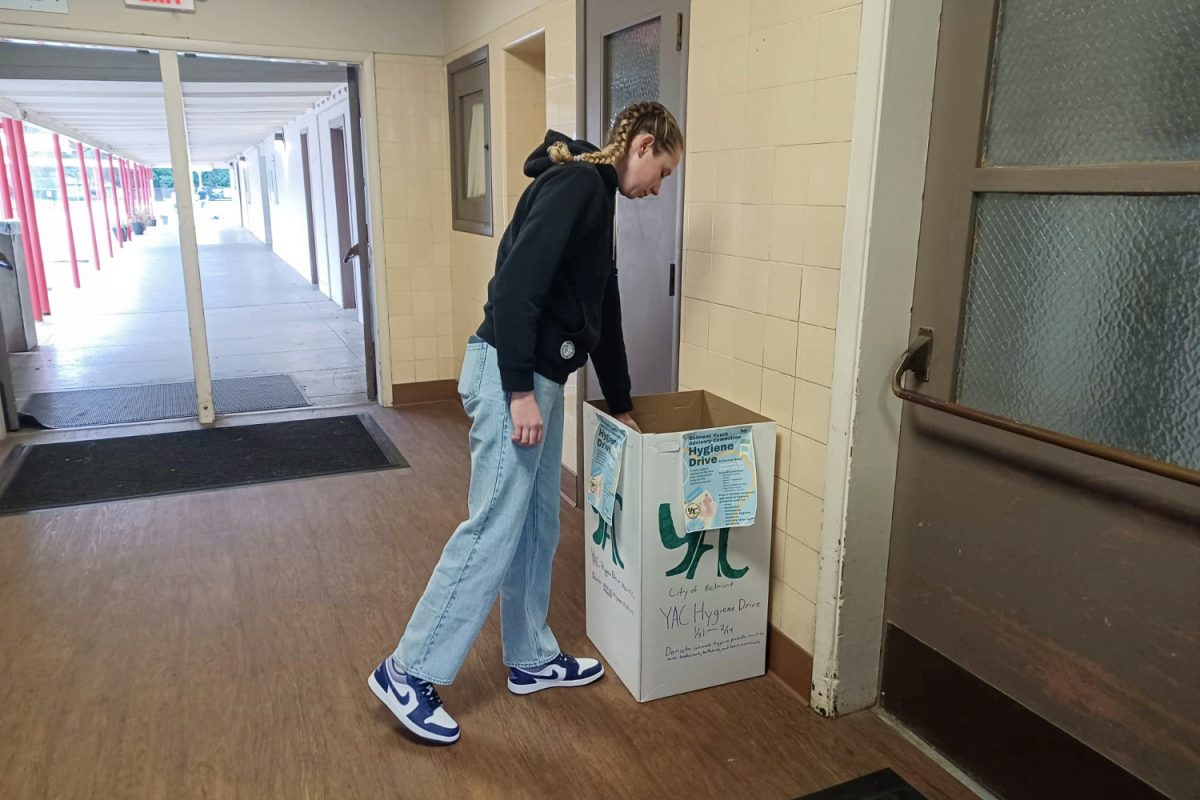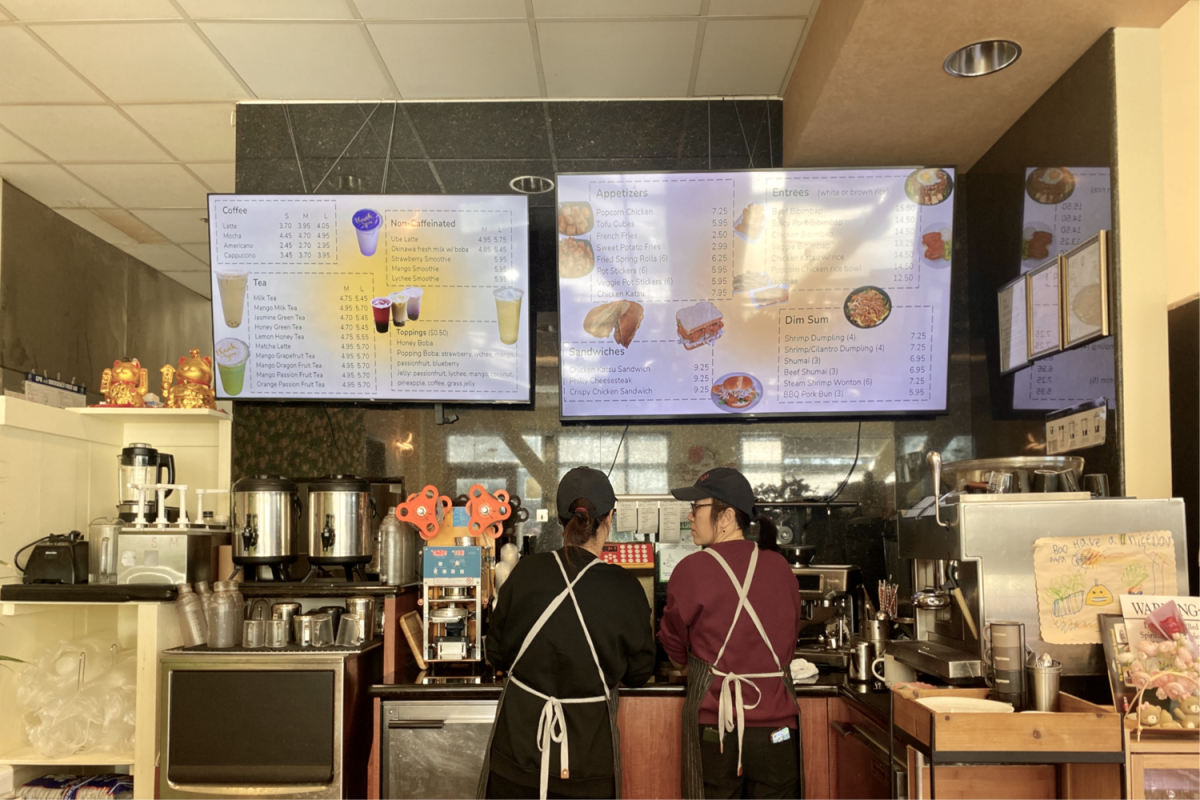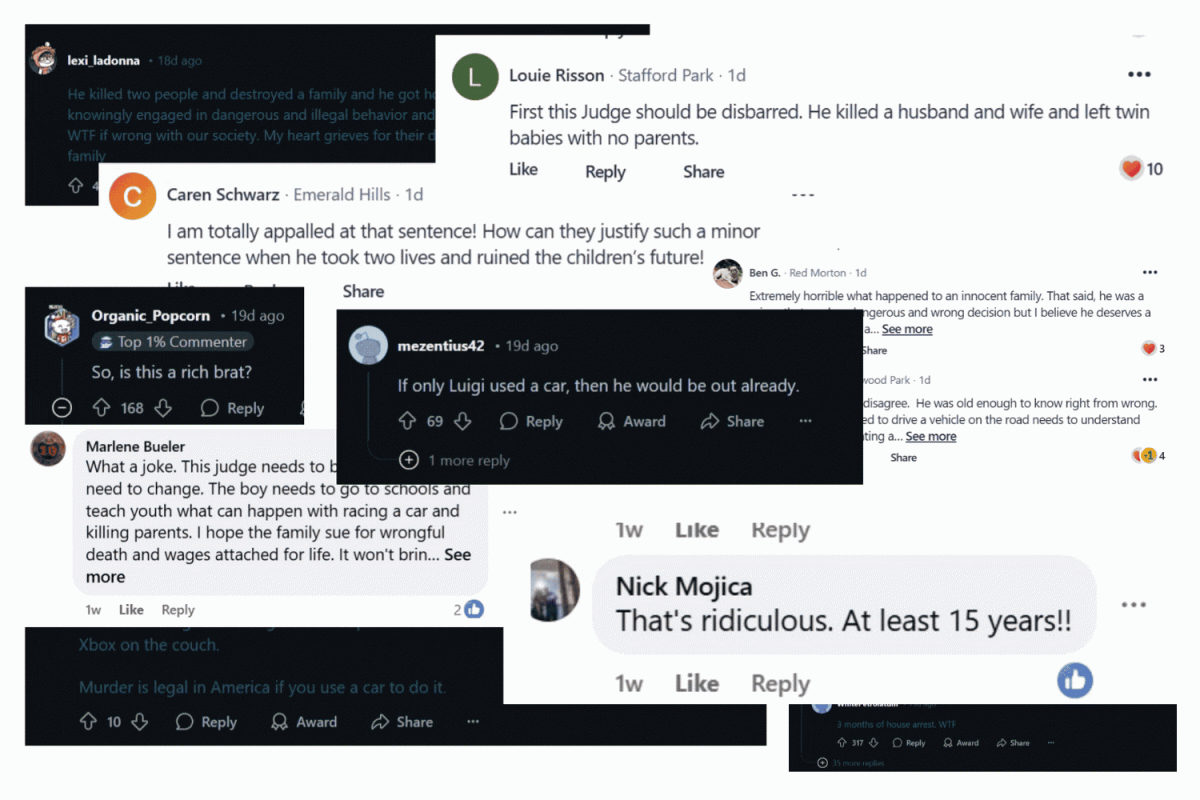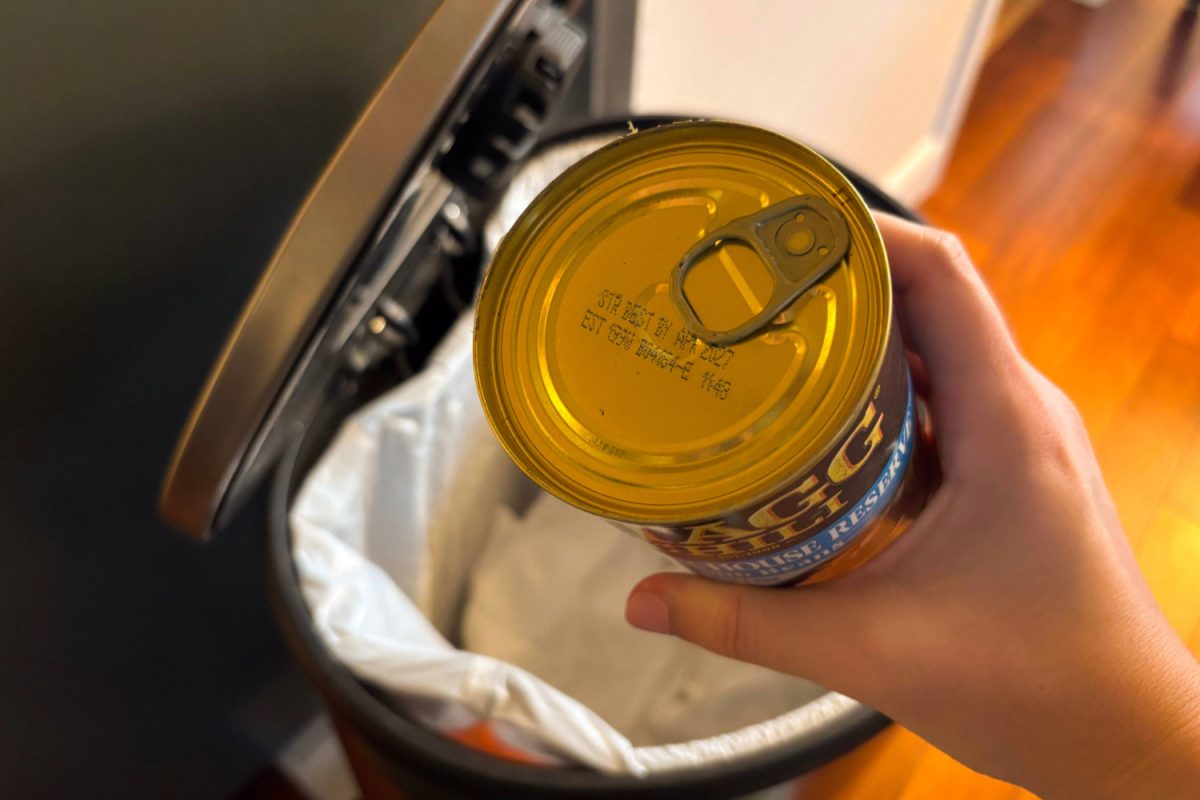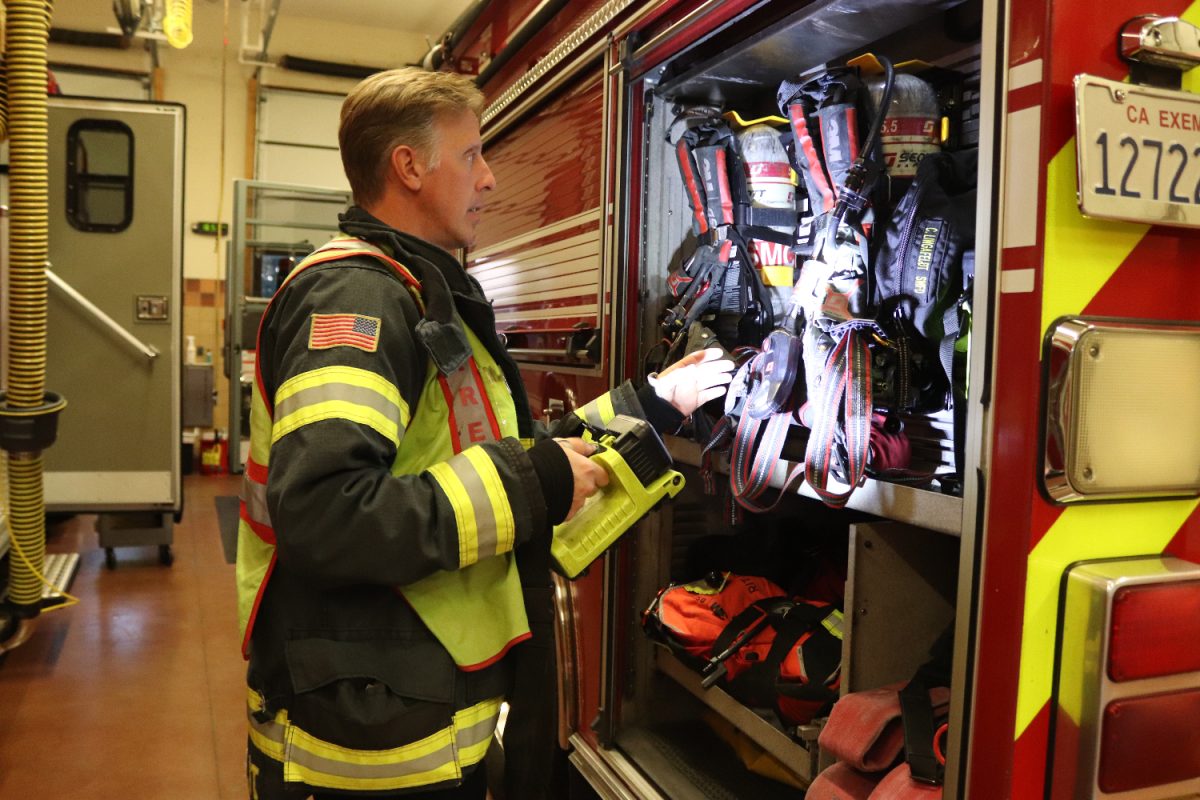California voters will determine the fate of the state’s flavored tobacco industry through a monumental proposition on the upcoming ballot.
According to California’s Official Voter Information Guide, the approval of Proposition 31 (Prop 31) on California’s 2022 ballot would place a total ban on the sale of any flavored tobacco products or tobacco flavor enhancers in California.
The Food and Drug Administration (FDA) classifies cigarettes, cigars, and vapes as tobacco products (even though vapes do not contain tobacco, they are considered tobacco products because they contain tobacco’s highly addictive chemical, nicotine). Currently, the sale of any tobacco products to a person under the age of 21 is prohibited under the Stop Tobacco Access to Kids Enforcement (STAKE) Program.
Prop 31 started out as a law passed by the legislature that would ban the sale of flavored tobacco products in California, which Governor Gavin Newsom signed in 2020. However, the tobacco industry pushed back and qualified for a referendum, making it necessary for the general population to vote on it rather than representatives. This meant that until it could appear on the ballot as a proposition in the upcoming general election, the law could not go into effect — a temporary win for the industry.
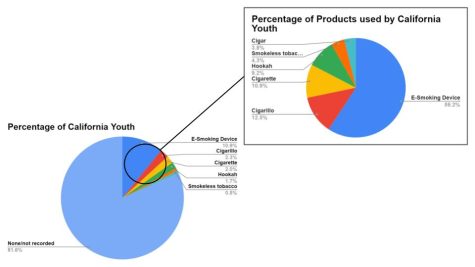
Supporters of the proposition want to prevent adolescent exposure and addiction to tobacco products, while the opposition believes that the ban would infringe on adult users’ choice to use these products as well as incentivize a black market.
“A review of internal industry documents finds tobacco companies designed flavored products to appeal to young and novice smokers. Furthermore, the majority of tobacco users report that the first product they tried was a flavored variety, supporting the concern that these products may serve as a gateway to tobacco addiction,” read a 2009 study from the National Library of Medicine.
Additionally, companies in the flavored tobacco industry are known for directing their advertising campaigns toward young people. Massachusetts filed a lawsuit in 2020 against the large company Juul for buying advertisement space on youth websites such as Cartoon Network, Nickelodeon, and Seventeen magazine.
The ease with which middle and high schoolers can access these products contributes to their wide usage among adolescents. Advocates of Prop 31 argue that making flavored tobacco harder to access would discourage teenagers from pursuing commonly used products like vapes.
“If the vape wasn’t easily accessible like it is now, and I had to go through a bunch of hurdles to get it, I wouldn’t because it’s not worth the effort,” said a Carlmont student* who wishes to remain anonymous.
However, there are many who do not necessarily support the ban, even those approaching it with a primary concern for the well-being of teenagers. Heidi Flaig, Carlmont’s nurse, for instance, holds the perspective that Prop 31 might not be the ultimate answer to teen tobacco use.
“From a nurse’s standpoint, I come from a place of harm reduction, not necessarily a ban all across because it’s not always an all or nothing. You have to get to the root of why people are using flavored tobacco,” Flaig said.
Opponents of Prop 31 also consider the adults affected by this ban, who are often overlooked. There are adults who prefer to use flavored tobacco products over regular tobacco products, and the ban would take that option away from them.
Flaig also mentioned the possibility of Prop 31 opening up a new black market. The lack of FDA regulation would make black-market flavored tobacco incredibly dangerous for teenagers.
“I think with any kind of a straight across ban, there’s always a risk of a black market of some kind or just getting it in other ways,” Flaig said.
Black markets, which sell products not regulated by the FDA, are very dangerous for teenagers. As a Center for Disease Control and Prevention (CDC) report revealed, most patients with lung injuries related to e-cigarette/vape product use reported buying their products from informal sources.
California is not the only state to consider implementing a ban on flavored tobacco products. According to the Campaign for Tobacco-Free Kids, Massachusetts, New Jersey, New York, and Rhode Island all have bans in place on flavored vapes. If voters were to approve Prop 31, California would be the most populated state to ban the sale of flavored tobacco.
*This name was left out by the authors to ensure anonymity for the source, in accordance with Carlmont Media’s anonymous sourcing policy.

